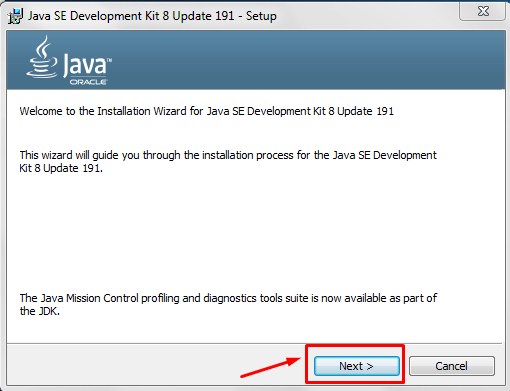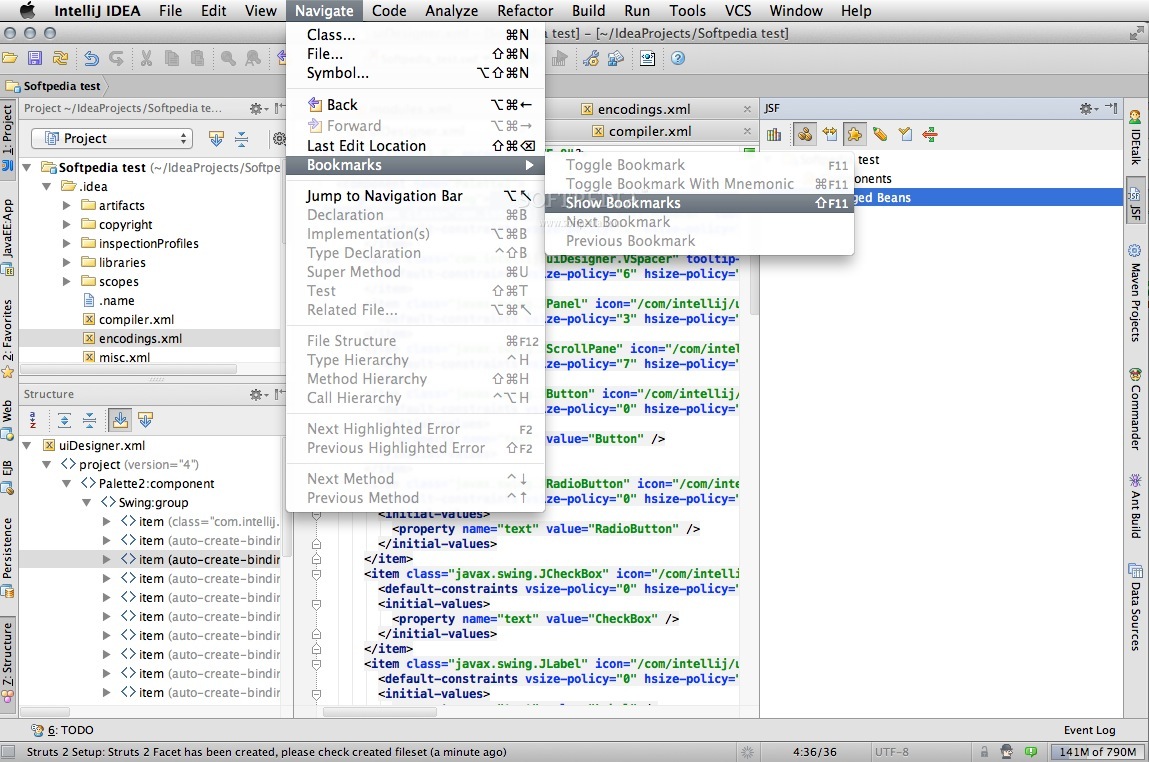

- #Java se development kit 8 update 91 install
- #Java se development kit 8 update 91 Patch
- #Java se development kit 8 update 91 plus
- #Java se development kit 8 update 91 professional
To ensure that the target version of the technology will be supported. Responsibility to consult the organizations responsible for the desktop, testing, and/or production environments

These decisions areīased upon the best information available as of the most current date. The VA Decision Matrix displays the current and future VA IT position regarding different releases of a TRM entry. TRM Technology, obtained from the vendor (or from the release source). The Vendor Release table provides the known releases for the Oracle JDK JDK - Sun Java SE Development KitĮnterprise Program Management Office ( EPMO) TRM Team For additional information or assistance regarding Section 508, please contact the Section 508 Office at Decisions Section 508 compliance may be reviewed by the Section 508 Office and appropriate remedial action required if necessary.

The Implementer of this technology has the responsibility to ensure the version deployed is 508-compliant. This technology has not been assessed by the Section 508 Office. Prior to use of this technology, users should check with their supervisor, Information Security Officer (ISO), Facility Chief Information Officer (CIO), or local Office of Information and Technology (OI&T) representative to ensure that all actions are consistent with current VA policies and procedures prior to implementation. Users must ensure sensitive data is properly protected in compliance with all VA regulations. Users must ensure their use of this technology/standard is consistent with VA policies and standards, including, but not limited to, VA Handbooks 61 VA Directives 6004, 6513, and 6517 and National Institute of Standards and Technology (NIST) standards, including Federal Information Processing Standards (FIPS). OpenJDK has its own TRM entry and users should consult that entry for decisions on OpenJDK. This entry does NOT cover or include approvals for OpenJDK Java.
#Java se development kit 8 update 91 professional
NOTE: This entry only covers the Oracle professional versions of Java.
#Java se development kit 8 update 91 install
The JRE provides the libraries, the Java Virtual Machine (JVM), and other components to run applets and applications written in the Java programming language.Īs of this writing, Oracle has no plans to release a separate JRE for Java 11 and later and users will be required to install the full Oracle JDK to support Java 11 and beyond.
#Java se development kit 8 update 91 plus
The Oracle Java Standard Edition (SE) Development Kit (JDK) is a superset of the Java Runtime Environment (JRE), and contains everything that is in the JRE, plus utilities such as the compilers and debuggers necessary for developing applets and applications. More information on the proper use of the TRM can be found on the
#Java se development kit 8 update 91 Patch
For more information, see Oracle Critical Patch Update Advisory.įor a list of bug fixes included in this release, see JDK 8u31 Bug Fixes page.Technologies must be operated and maintained in accordance with Federal and Department security and This release contains fixes for security vulnerabilities. Enable SSLv3 protocol on deploy level: edit the deployment.properties file and add the following:.Enable SSLv3 protocol on JRE level: as described in the previous section.If the user needs to use SSLv3 for applications, re-enable it manually as follows: Starting with JDK 8u31 release, SSLv3 protocol is removed from Java Control Panel Advanced options. It should be noted that SSLv3 is obsolete and should no longer be used. If SSLv3 is absolutely required, the protocol can be reactivated by removing "SSLv3" from the property in the curity file or by dynamically setting this Security property to "true" before JSSE is initialized. See the property in /lib/security/curity file. Starting with JDK 8u31 release, the SSLv3 protocol (Secure Socket Layer) has been deactivated and is not available by default. For more information, see JRE Expiration Date. After either condition is met (new release becoming available or expiration date reached), the JRE will provide additional warnings and reminders to users to update to the newer version. This JRE (version 8u31) will expire with the release of the next critical patch update scheduled for April 14, 2015.įor systems unable to reach the Oracle Servers, a secondary mechanism expires this JRE (version 8u31) on May 14, 2015. Critical patch updates, which contain security vulnerability fixes, are announced one year in advance on Critical Patch Updates, Security Alerts and Third Party Bulletin. The JRE expires whenever a new release with security vulnerability fixes becomes available. JRE Security Baseline (Full Version String)įor more information about security baselines, see Deploying Java Applets With Family JRE Versions in Java Plug-in for Internet Explorer.


 0 kommentar(er)
0 kommentar(er)
